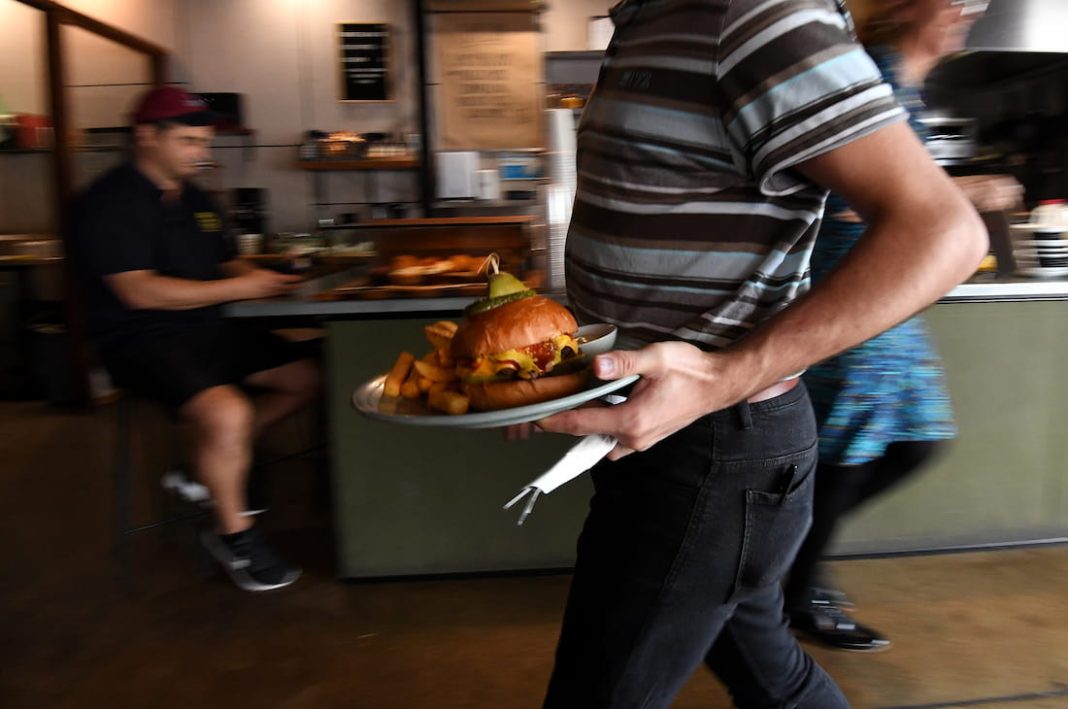Spending to alleviate the pain of the cost-of-living crisis is not the sole reason for interest rates being kept on hold and inflation proving stubborn, the prime minister says.
As the Reserve Bank kept interest rates at 4.35 per cent at a regular meeting on Tuesday, governor Michele Bullock indicated there may be a long wait for a cut, dashing hopes of one before Christmas.
Prime Minister Anthony Albanese denied Commonwealth spending was the chief reason behind the decision, after the Reserve Bank said public demand was stronger than previously forecast.
“Inflation has a range of aspects and that’s why we’ve made sure we agree that inflation needs to be moderated,” he told Sky News on Thursday.
“(Our) measures are designed in a way to assist people who are doing it tough whilst we make sure that we continue to moderate inflation.
“We’ve made sure fiscal policy, budget policy, works arm in arm with monetary policy.”
But shadow treasurer Angus Taylor said the lack of rate cuts meant government action had failed in its bid to lower inflation.
“You need to contain the growth in spending. Containing the growth in spending is the key,” he told ABC Radio.
“The first and most important thing to do there is commit to a fiscal strategy where the economy grows faster than spending.”
It comes as Small Business and Family Enterprise Ombudsman Bruce Billson warned Australia was “sleepwalking” into an economy dominated by big players.
Mr Billson said while small firms are still a major employer and sizeable contributor to the nation’s economic activity, their prominence was slipping.
“This is a worrying trajectory,” Mr Billson said.
“We are sleepwalking into a ‘big corporate’ economy.”
In 2006, small firms contributed 40 per cent of gross domestic product and employed 53 per cent of those with a private-sector job.
Now, small firms contribute 33 per cent to GDP and make up 42 per cent of the private workforce.
Challenges brought on by the pandemic recovery have further weakened the small business sector, with small outfits particularly vulnerable to inflationary pressures and higher interest rates.
Small businesses had been doing it tough in the COVID-19 recovery, Mr Billson said.
“If you believe, as I do, that small and family businesses are the ‘engine room of the economy’, we have lost a cylinder in a four-cylinder engine in the aftermath of COVID,” he said.
A tax discount or offset scheme for new small business owners was suggested by the ombudsman as a way for startups to keep more of their income to re-invest in the all-important early phases of operation.
By Poppy Johnston and Andrew Brown in Canberra



